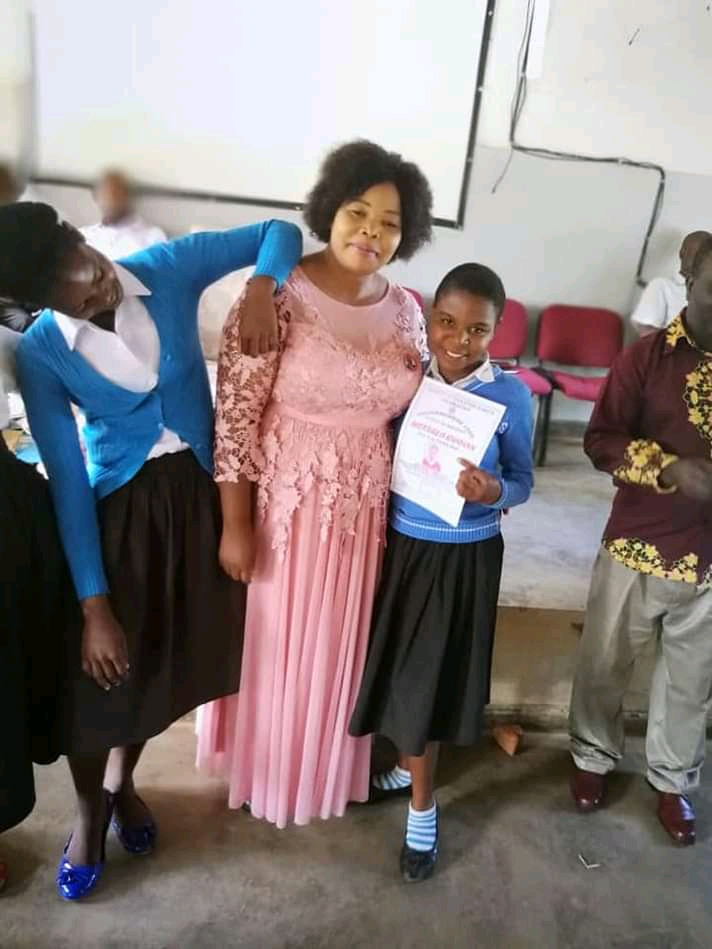
Democratic Progressive Party(DPP) shadow Minister of Gender, Community Development and Social Welfare Mary Thom Navicha has bemoaned the tendency of some people in the country who stigmatize against hearing impaired people in work places schools and business places as she terms it a sign of “passive and retrogressive mind”.
Navicha has also called upon government to consider introduction of Sign language starting from primary school up to University.
Navicha was speaking on Wednesday, September 6, 2021 as the world commemorates the International Day of Sign Languages which falls on September 23, and was set aside by United Nations to raise awareness and importance of sign languages as a human rights issue, Malawi must thrive to uproot the stigmatization and discrimination against persons of deaf impairment face as one way respecting civil liberties and constitutionalism.
This years theme is “we sign for our rights”.
Navicha says apart from meager resources that government allocates to the Ministry of Gender, the social stigma starts within our houses where these children are born.
“Sometimes parents get ‘ashamed’ of their own deaf sons and daughters and this has been a huge problem for many decades and it’s my prayer that time has come to enact a law against parents who feel ashamed of their children of deaf- mute,” said the ex- Gender Minister, Navicha.
She says some barriers are related to healthcare. She points that inadequate clinical training and accommodation which includes not having sign language interpreter present at the healthcare institution or not having hearing aids for the patients is roadblock for them to access quality healthcare. She adds that most doctors and clinical officers, nurses and midwives do not receive training about deaf culture, and values of visual access for communication with deaf patents.
Navicha notes that our education system must be modified to accommodate learners of hearing impairments.
“It’s clear that learners and students with deaf impairment face challenges like shortage of hearing aids, communication barrier with the community surrounding the leaning institutions, inadequate funding, shortage of teachers and lack of transport logistics. Rural learners are the most disadvantaged,” Navicha says.
Navicha says every citizen should be able to use sign language in order to assist deaf impaired people.
“May I call upon government to increase intake of Special Needs teachers in colleges and universities as most schools don’t have them in schools which affect learners and students fulfill their full potentials,” she says.
She has also asked government to start giving soft loans to deaf impaired people so that they engage in self sustainable entrepreneurship.
President Chakwera who was a Guest of Honour at the ceremony which was held at the Bingu International Conference Centre (BICC).

